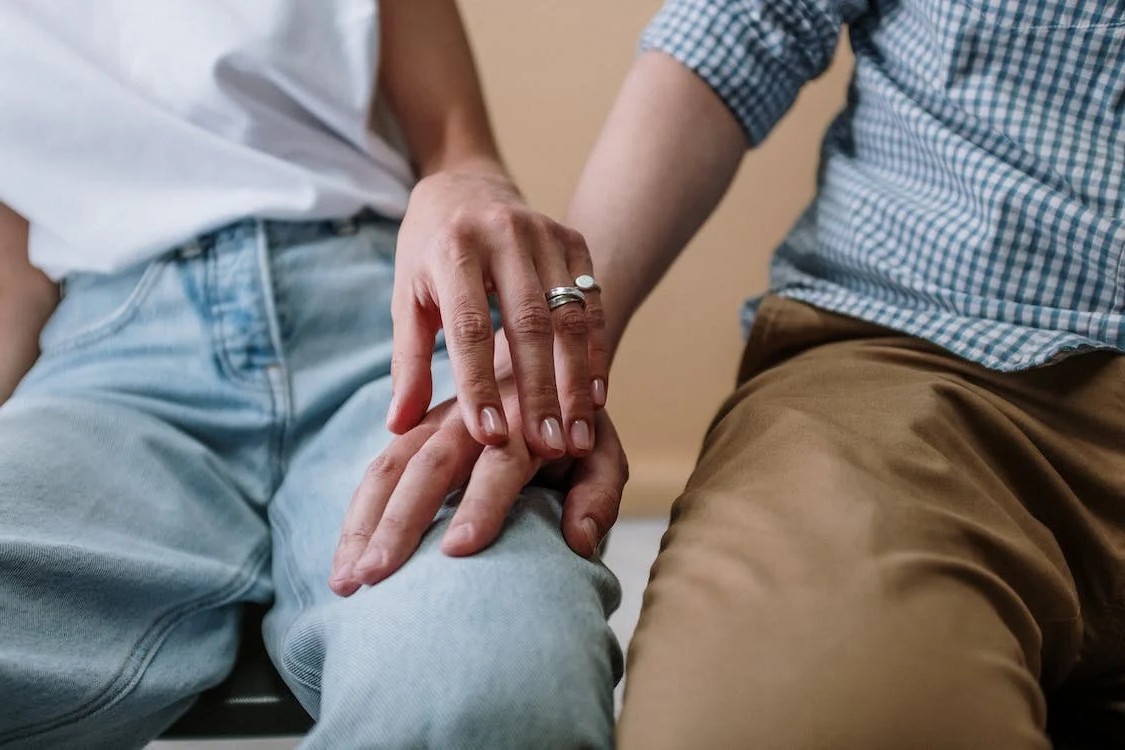
As an addictions counselor, I’ve seen firsthand how the journey to recovery from addiction can often be fraught with stress and anxiety. You might find yourself struggling with these feelings, unsure of how to navigate them. But there’s a potent tool you can use to help manage these challenges: mindfulness-based stress reduction techniques.
Mindfulness-based stress reduction (MBSR) encourages you to focus on the present moment, embracing your thoughts and feelings without judgement. This can have a powerful impact on your recovery journey. For many South Africans grappling with addiction, MBSR has proven to be a boon, helping them cultivate inner peace amidst the storm of recovery.
Here’s the thing: misconceptions abound when it comes to MBSR. Some people dismiss it as mere “navel-gazing,” an idle pursuit without tangible benefits. But the truth is, MBSR is a deeply effective technique backed by scientific research. A study conducted by the University of Witwatersrand in Johannesburg found that MBSR can significantly reduce stress, anxiety, and depression among individuals in recovery.
MBSR employs techniques like meditation, body awareness, and yoga to help ground you in the present moment. When you are feeling overwhelmed or anxious, these techniques can help you take a step back, observe your emotions objectively, and handle them in a healthier way.
Moreover, MBSR helps you break away from automatic patterns of thought, the kind of negative thinking loops that can often fuel stress and anxiety. Instead of getting caught up in worrying about the future or regretting the past, you’re able to stay rooted in the present. This can be a game-changer in your recovery journey, equipping you with the emotional resilience to face whatever comes your way.
An often-overlooked aspect of MBSR is its potential for fostering self-compassion. As you develop mindfulness, you also cultivate a gentler attitude towards yourself, one marked by understanding and acceptance rather than criticism and blame. This, too, can be a profound source of healing, allowing you to shed the self-judgement that often accompanies recovery.
MBSR is No Magic Bullet
It requires consistent practice and an open mind. Some people might find the idea of meditation or yoga foreign or intimidating, but remember that MBSR is adaptable. There’s no “right” or “wrong” way to practice mindfulness. It’s about finding what works for you and your unique journey towards recovery.
Let’s address an important question: Does MBSR replace traditional recovery treatment? The answer is no. MBSR is a tool to complement, not substitute, conventional treatment methods. It’s a piece of the recovery puzzle, offering a valuable way to manage stress and promote mental wellbeing. As you navigate your path to recovery, consider embracing MBSR as a trusted companion, helping you stay grounded in the face of life’s storms.
Here’s a comprehensive guide on how to apply these strategies in your daily routine:
Firstly, you need to understand what mindfulness is.
Mindfulness is the practice of purposefully focusing your attention on the present moment—and accepting it without judgment. It’s about acknowledging your feelings, thoughts, and bodily sensations in the here and now.
Next, start with simple breathing exercises.
Sit comfortably, close your eyes, and start to notice your breath. Don’t try to control it, simply observe it. Notice the sensation of the breath entering and leaving your body. When your mind wanders, as it likely will, gently bring your focus back to your breath. Even just a few minutes of this exercise each day can make a significant difference.
Now let’s talk about body scanning, another cornerstone of MBSR.
This involves paying attention to different parts of your body, from your toes to the crown of your head. As you scan your body, acknowledge any sensations you feel, whether it’s tension, warmth, tingling, or anything else. Body scanning can help you develop a greater awareness of your physical presence and can be an effective tool to deal with cravings or physical withdrawal symptoms.

Mindful yoga is another useful MBSR technique.
Yoga combines physical postures, breathing exercises, and meditation to enhance your physical and mental wellbeing. There are numerous online resources, including YouTube channels, that offer beginner-friendly yoga routines. You don’t need to become a yogi to reap the benefits of this practice. Even incorporating a few basic poses into your daily routine can have a significant impact.
Lastly, integrate mindfulness into your daily life.
Mindfulness isn’t just about formal practices like meditation or yoga. It’s something you can incorporate into everyday activities. Whether you’re washing dishes, walking the dog, or simply drinking a cup of tea, try to be fully present and engaged in the task at hand.
Implementing MBSR into your recovery routine isn’t always easy, but remember that it’s a journey, not a destination. There might be days when mindfulness seems impossible, when your mind feels too chaotic or your emotions too overwhelming. That’s okay. The beauty of mindfulness is that every moment is a new opportunity to begin again.
In the context of addiction recovery, MBSR serves as an invaluable tool to manage stress, enhance self-awareness, and cultivate a sense of inner peace. It’s not a quick fix but rather a lifelong journey of self-discovery and healing. As you continue on your path of recovery, may these techniques guide you towards a healthier, more balanced life.
Remember, you are not alone in this journey. Reach out for professional support if you need it. Your resilience and strength, combined with the right tools and resources, can guide you towards a future filled with hope and healing. As the famous saying goes, “The journey of a thousand miles begins with a single step.” Let that step be one of mindfulness and self-compassion.
